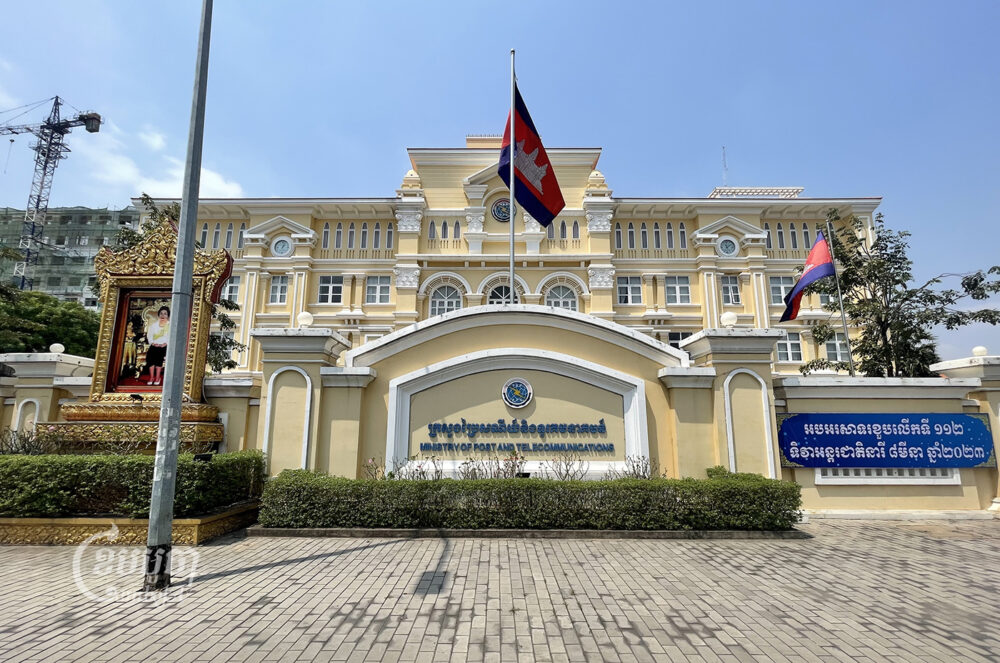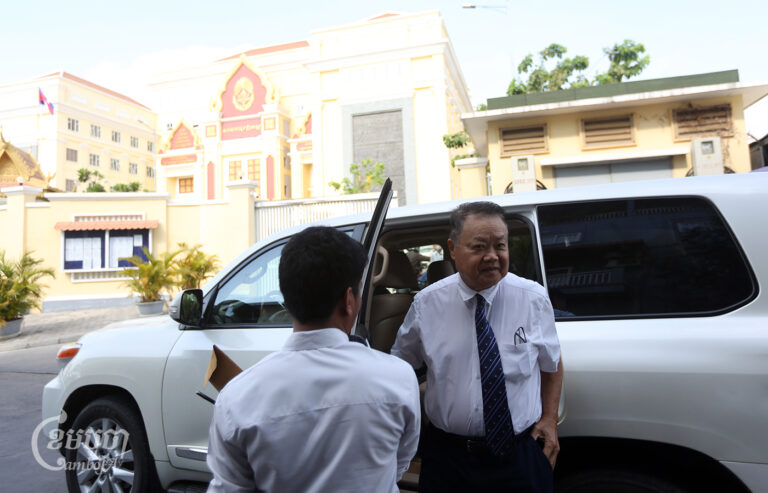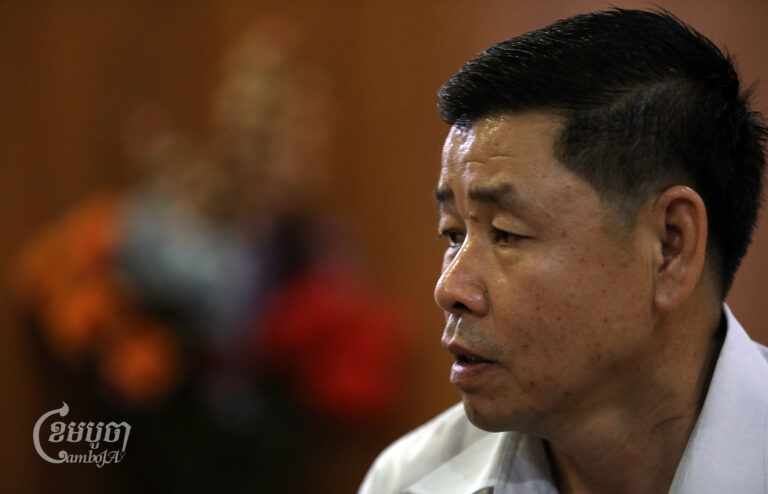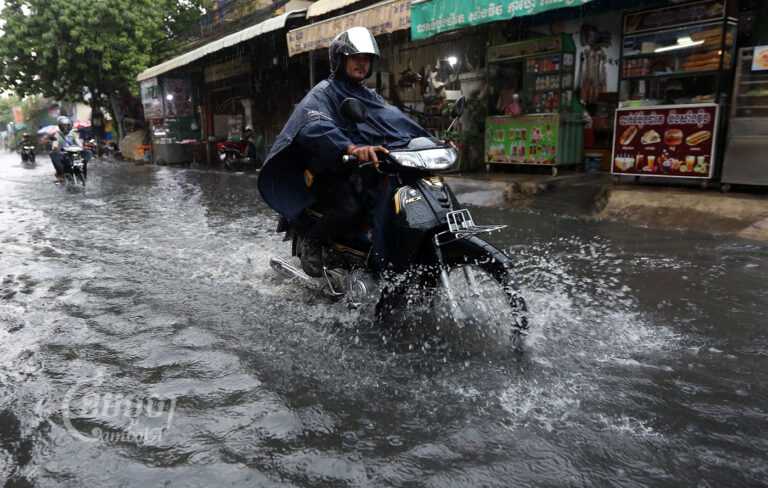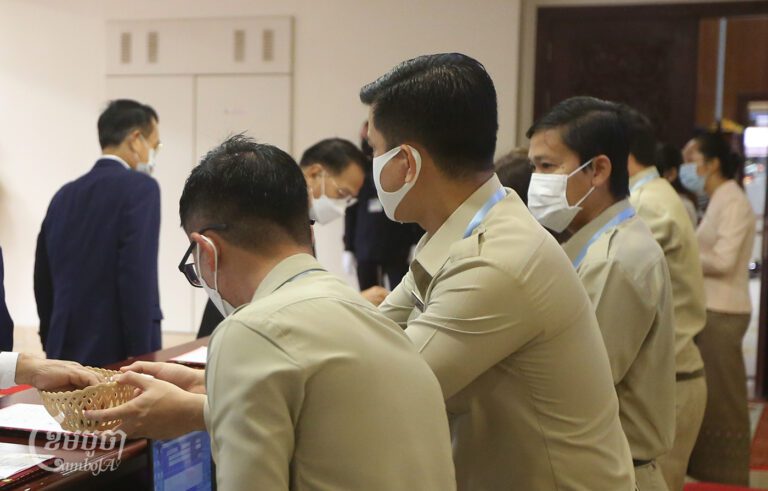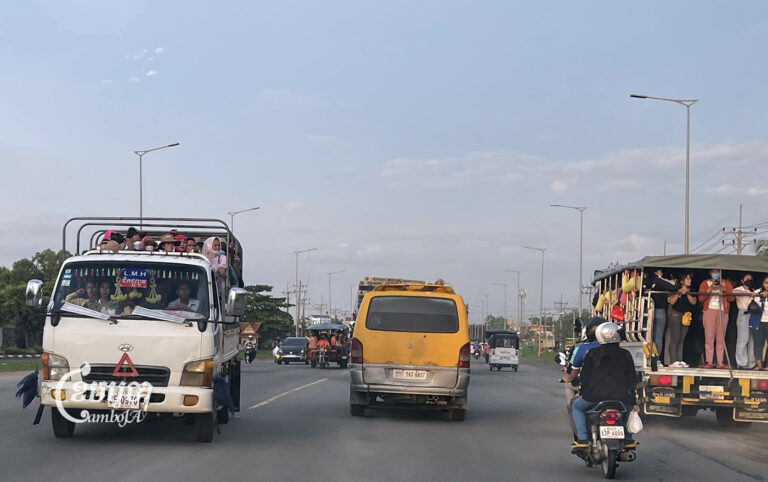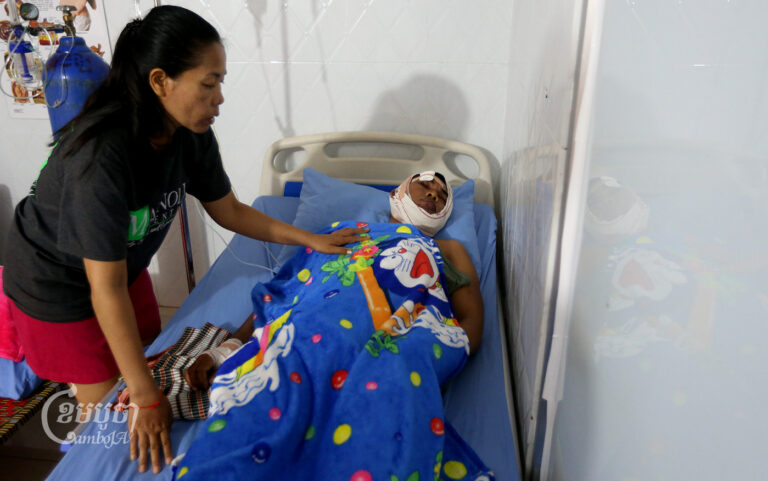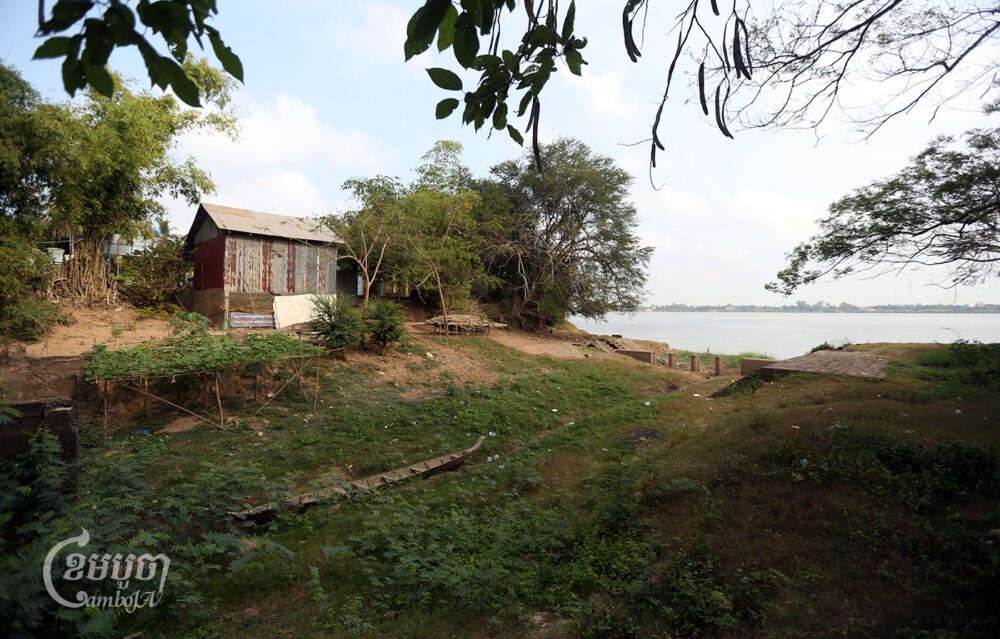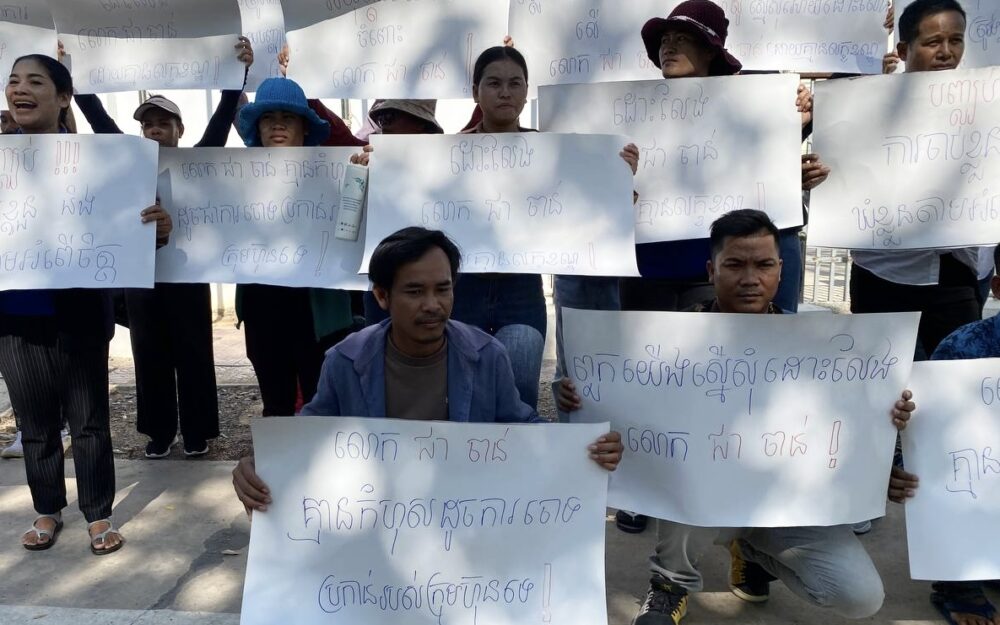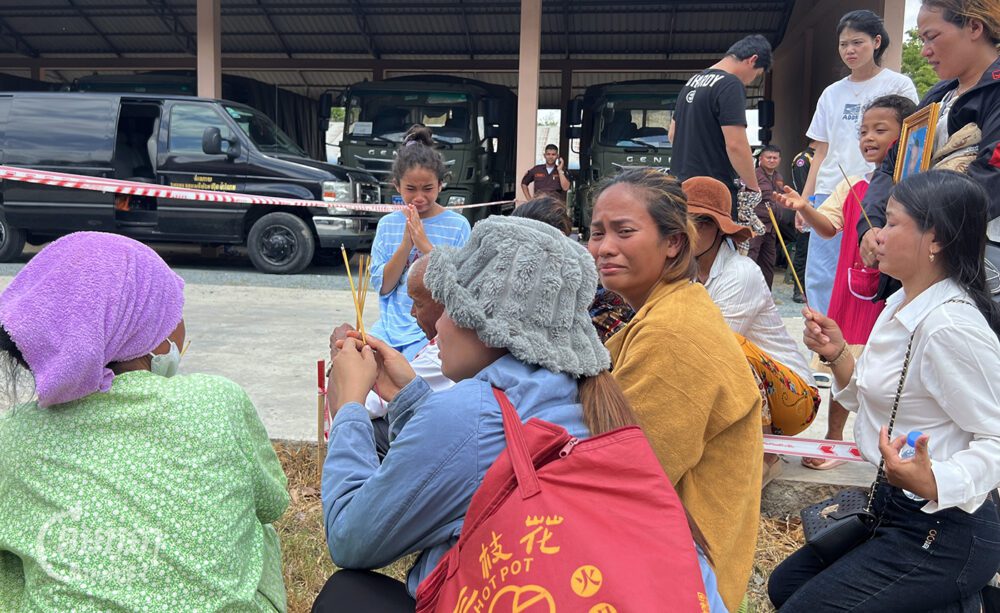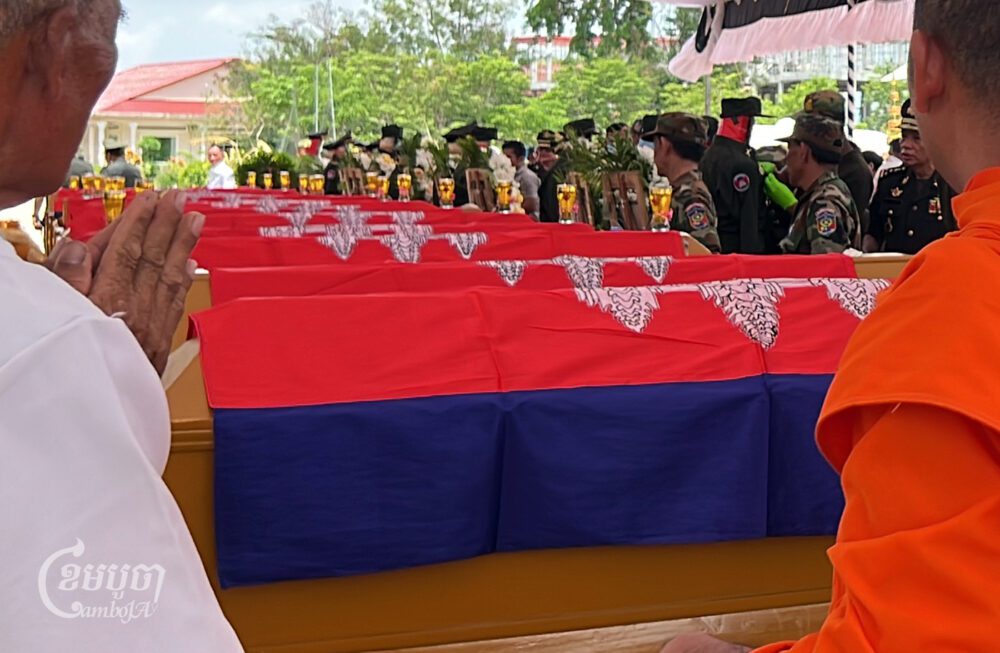After Prime Minister Hun Sen had his Facebook account suspended for threatening political opponents, the government announced on Saturday that Facebook’s representatives would be expelled from the country.
The social media site would be required to “stop all activities such as company representation, communication with the Royal Government and private sector partnerships in Cambodia,” the Ministry of Posts and Telecommunications stated in a letter posted on its Facebook page.
The ministry cited “irregularities in the services of Facebook for users in Cambodia” including fake accounts, risk of private data, disinformation and “interference in the country’s political affairs.”
Hun Sen had previously warned he may shut down the entire platform’s operations in Cambodia, but in the end only deleted his own account of over 14 million followers.
“I am not stupid to shut down Facebook when people have been using it for connection and to get this news,” he said in a video published on government-aligned media Friday.
Hun Sen said he was switching to Telegram because there were too many fake Facebook accounts with his name and he was concerned about hackers.
“So there is no reason I need to use Facebook to cause any bad luck,” he said.
The day before, the Oversight Board of Facebook’s parent company Meta had suspended Hun Sen’s account for six months.
But the extent to which the government’s decision to cut public and private sector ties to Facebook would be enforced, and its resulting impact on Cambodians relying on Facebook for internet access and economic needs, remains unclear.
In 2022, there were more than 11 million Facebook users out of Cambodia’s 16.5 million citizens, according to data aggregator DataReportal.
Many leading telecommunications firms offer Facebook-linked promotions. Cambodia’s second largest mobile company Smart advertises unlimited data on the social media site for $2 a day. Some Smart users automatically had Facebook profiles created when they registered with the company.
“Knowingly becoming part of the Facebook community is one of the key drivers for mobile internet usage, so it is our aim to make it as easy as possible and as affordable as possible to use Facebook,” former Smart Axiata CEO Thomas Hundt said in an undated press statement on the company’s site.
Smart did not respond to requests for comment about whether such promotions would be affected by the ministry’s statement.
The Minister of Posts and Telecommunications Chea Vandet declined to comment and referred questions to secretary of state So Visoth, who could not be reached.
A Meta spokesperson told CamboJA: “We don’t have any comments at this time.”
Other leading internet providers, including mobile companies Cellcard, Metfone, WiCAM and Mekong Net, did not respond to requests for comment.
In its decision to suspend Hun Sen’s account, Meta’s Oversight Board cited a January 8 speech by Hun Sen streamed on Facebook, in which the prime minister had threatened political opponents with legal action or “a stick.” In the coming months, opposition activists were hunted down and beaten with batons by anonymous men in black.
The prime minister’s Facebook had hosted hundreds of speeches, government announcements and public documents, noted Cambodian Center for Independent Media director Ith Sotheouth. He expressed concern that this information may no longer be accessible for the public.
“Facebook plays a very important role in Cambodia among the public, it has been a platform that people go to and access information,” Sotheouth said.
Some internet service providers had previously blocked Facebook in 2013, according to human rights NGO Licadho, during a tightly contested election in which the opposition party conducted extensive campaigning on the social media site.
Environmental activist San Mala said that Facebook had provided budgets to civil society to support digital literacy training and digital safety for Cambodians and he was concerned about the company’s representatives leaving the country.
“For me, to keep Facebook company representatives in Cambodia will be a part of pushing the main Facebook company to allow content creators to get some official income” from their posting.
Responses from government officials and allies of the Prime Minister’s Facebook exodus appear to remain mixed. Few seem to have followed tycoon Leng Navatra’s lead after he vowed to also delete his Facebook account with 2.2 million followers. By Friday he had changed his mind.
“Groups who have served foreigners, you mock at me, I decided not delete my Facebook account, [I] keep attacking you, I am not stupid,” Navatra wrote. “It is not too late if I want to delete.”
Additional reporting by Hel Komsan and Sovann Sreypich.


